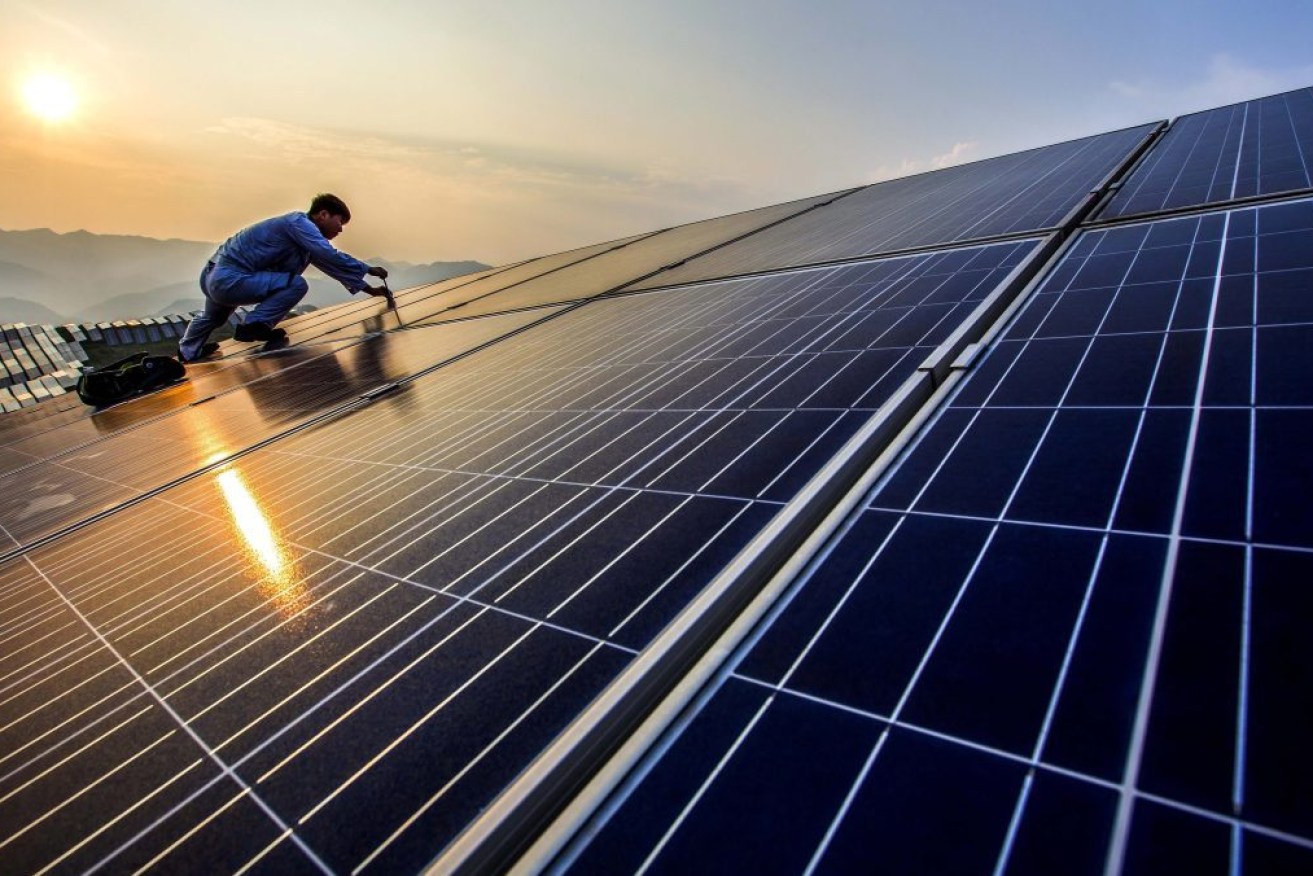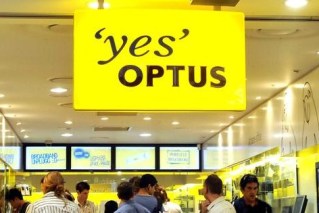How solar has won the energy wars but left a big political problem
Somewhere along the way, the means we use to power our economy, cook our sausages and heat our water became political, tribal even.


A worker performs maintenance on solar panels at a photovoltaic power station (via AP)
The effect has been remarkable in defining politics, but it also holding us back because we may need to make some unpopular decisions to get to net zero. The politics of energy could – and very likely will – have a profound impact.
This is demonstrated in the results of a result poll by DemosAU, which shows how energy has become distinctly political and how coal is now all-but spent as a political weapon and an energy source.
However, the DemosAU poll is about energy as distinct from the coal used in steel production – but I don’t think the public makes that distinction. Coal is coal, to much of the public.
Given that, the poll shows why the State Government is more than happy to prosecute its argument about coal royalties, but also shows how the LNP has an almost impossible task in bringing nuclear energy to the table.
The two least favoured options are coal and nuclear.
This also highlights a distinct problem for both major parties as we head to the next state election because the inner city, with its string of tasty electorates, is very much anti-coal.
It seems the LNP is speaking to its base on nuclear and no one else is listening. Not even One Nation voters back nuclear.
It would seem the only support for nuclear is among the LinkedIn vote where there appears to be fierce support for it whenever the topic is raised.
In effect, the debate about coal appears to be over. Its support is now within LNP and One Nation voters and even then, it’s not solid.
In Queensland, coal has a net positive score of 0.2 per cent, nuclear is a -9 per cent while solar sits at a +72 per cent, hydro +59 per cent and wind +56 per cent. Of all the states, Queensland’s meek support for coal was the strongest.
That’s remarkable given the 2019 federal election swung in Queensland largely on the back of the pro-coal vote.
Remember also, that the result of that election led to the hurdles being removed for the approval of the Adani (Bravus) coal mine.
Given the results of the DemosAU poll, that Adani approval may not have happened were it being decided today.
In regional areas nationally coal is a -2 per cent, nuclear -7 per cent. In the inner city, where the politics of energy becomes problematic, coal is at -13 per cent and nuclear -10 per cent.
That makes life tough for Labor and the LNP to retain areas like New Farm in McConnel.
DemosAU found there are pockets to support for coal and other fossil fuels, namely older people and conservative voters.
“However, even among these cohorts, renewables are viewed more positively than fossil fuels on aggregate,’’ the DemosAU report said.
Solar has the highest approval rating, probably because it is the energy source closest to the public. The only segment where it doesn’t top the poll is men over 55 for whom hydro is most popular. This group also is more favourable to coal, which had a net positive score of 0.2 per cent.
But the poll shows energy is distinctly political. Left wing voters are more likely to back solar than right wing voters, which just seems bizarre.
The problem that arises from this splintered support is that politicians will view energy through a distinctly political lens and that means potential solutions to the climate debate could be lost.
Nuclear should never be just left on the sidelines. We should leave our minds open to the possibility that it will one day be viable.












